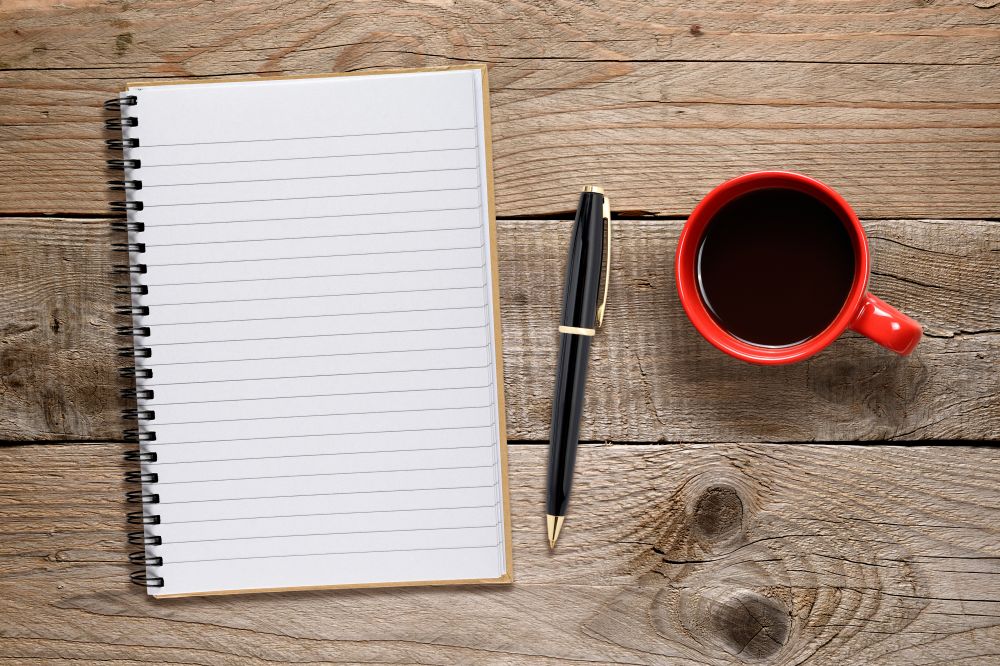How two words played a powerful role in getting me to the Olympic Games
Everyone has their own pre-race strategy. Here, Olympian Andrea Seccafien explains why she spends time writing before her workouts and races.


Andrea Seccafien is a Canadian 5,000m runner and Olympian. She is the latest addition to Canadian Running’s blog roll. Follow her thoughts on the elite racing scene here.
Elite runners deal with the same doubts as all runners do and we all have have our own ways of developing coping mechanisms and mental skills to get us through those tough workouts and races.
For me, writing has always been my secret weapon to process and plan my performances. I keep a training journal, I write down intentions before key workouts and I do a great deal of writing before I race. I do this to rebuttal the voice in my head that tells me that I can’t.
My training journal not only contains the numbers of the day, but it also notes about the way I perform mentally and what to focus on during key workouts. The mental aspect of the sport is one of the most important, but it’s also the most difficult to master, and so I try to work on this daily.
RELATED: No track is *not* a boring spectator sport
RELATED: How making it to the Olympics has changed my life
While nailing strong workouts is a way to develop confidence, I’m fortunate enough to have strong training partners and pacers much of the time. That makes hard workouts just a little bit easier. Even if I’m having a bad day, I can still will myself to hold on to the group. I’m not doing it alone. So instead of just focusing on how fast I’m running, I reflect on how I dealt with the workout mentally. Was I engaged. Was I positive? What did I do when it got hard? Posing these questions to myself after each workout helps me to both build confidence and recognize areas that I struggle with.
That’s the workout component. When it comes to races, I write out a detailed plan in my training journal and I bring it with me to the race.
The 5,000m is a long way to go on the track. It’s a lot of laps and sometimes it hurts from the very first steps. That’s why I go in with a rigid, mental approach to not allow my mind to wander to negative thoughts when the race gets tough.
In planning ahead, I write out what I’ll focus on through each kilometre until I’ve got 1,600m left. Then, I break it down into 800m segments and hope that my competitive edge will get me to the finish. For the first 3,000m, I plan to stay calm and relaxed. In my journal, I write cues to stay dialed in for that pesky fourth kilometre. As for the last kilometre or 800 metres, I write phrases like “Go for it” and “Lean in” to accompany a finishing kick.
Last year, I relied heavily on two words: “Be brave.” I penned those words several times in my pre-race plan. Chasing an Olympic standard is a big and scary goal. Sometimes it would seem so daunting that it became far too easy to doubt myself. But in those critical moments, I’d think of those words: “Be brave.” That reminder would cut through the doubts.
It might seem strange that sitting down to write about a physical activity would help my mental preparation, but reflection through writing is a tactic that has served me well for many seasons. Having mantras that resonate with me and writing them down both helps me to commit to these mottos and brings them forth in my mind in the midst of races and workouts.


